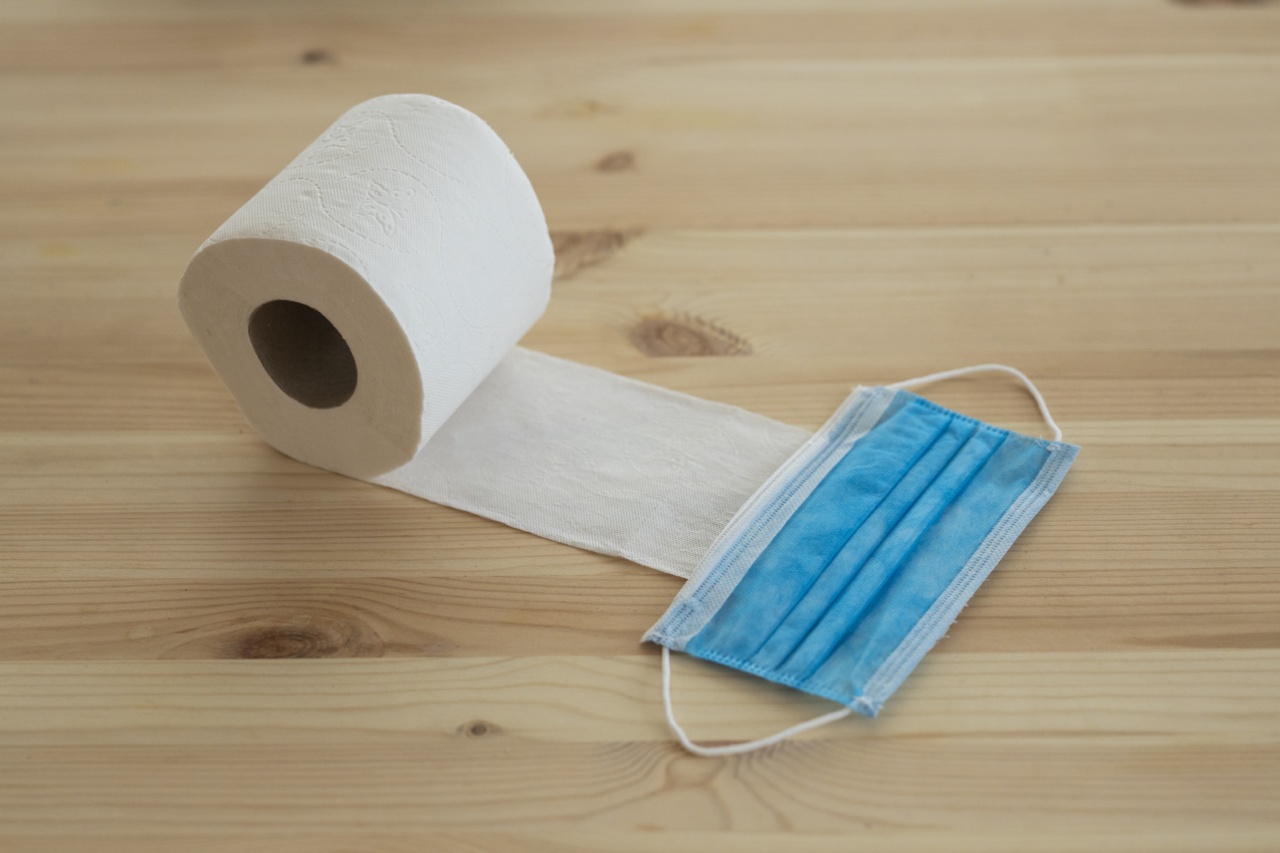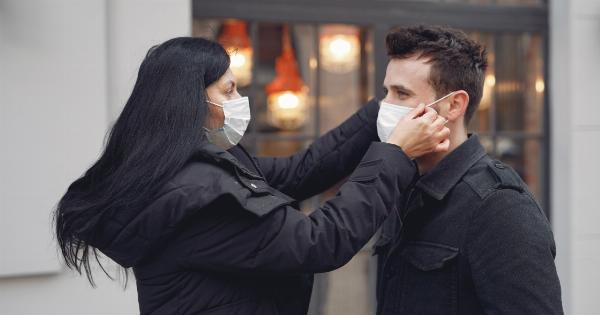Fever is a common symptom experienced by individuals of all ages. It is often an indication that the body is fighting off an infection or illness.
While most fevers are harmless and resolve on their own, there are instances when seeking medical attention becomes necessary. This article serves as a comprehensive guide to help you navigate through fever management and understand when it is crucial to consult a doctor.
Understanding fever
Fever is generally defined as a temporary increase in body temperature, often due to the body’s response to an infection. The normal body temperature typically ranges between 97°F (36.1°C) and 99°F (37.2°C).
However, an exact temperature cannot be considered as the sole indicator of whether or not a person has a fever. Other accompanying symptoms and the individual’s overall well-being should be taken into account.
Causes of fever
Fevers can be caused by various factors, including:.
- Infections – such as bacterial, viral, or fungal infections.
- Inflammatory conditions – such as arthritis or autoimmune disorders.
- Side effects of medications – certain drugs can trigger a fever as a reaction.
- Vaccinations – commonly associated with low-grade fevers.
- Cancer – some cancers can cause fevers, particularly lymphomas.
Symptoms associated with fever
In addition to an elevated body temperature, fevers can be accompanied by various symptoms, such as:.
- Chills and shivering
- Sweating
- Fatigue and weakness
- Headache
- Muscle aches and joint pain
- Loss of appetite
It is essential to note that these symptoms can vary depending on the underlying cause of the fever. Not all individuals may experience all of these symptoms.
When to see a doctor
While most fevers are harmless and resolve on their own, there are occasions when medical attention is necessary. Here are some situations in which you should consider seeking professional help:.
1. Temperature above 104°F (40°C)
If your temperature reaches or exceeds 104°F (40°C), it is advisable to consult a doctor. High fevers can be an indication of a severe infection or other underlying conditions requiring medical intervention.
2. Prolonged duration
If your fever persists for more than three days, it is recommended to seek medical attention. Prolonged fevers can be a sign of more serious infections, such as tuberculosis, or hidden medical conditions that require a thorough evaluation.
3. Persistent symptoms
If you experience persistent symptoms alongside the fever, such as severe headache, breathing difficulties, abdominal pain, or a stiff neck, it is crucial to consult a doctor promptly.
These symptoms could indicate a more significant issue that needs immediate attention.
4. Infants and young children
In the case of infants and young children, it is generally advised to seek medical care if they have a temperature higher than 100.4°F (38°C). Babies, especially those under three months old, should receive prompt medical attention for any fever.
5. Underlying health conditions
If you have a pre-existing medical condition, such as diabetes, a weakened immune system, or heart disease, it is vital to consult your healthcare provider if you develop a fever.
These conditions can increase the risk of complications associated with fevers.
6. Travel-related fevers
If you have recently traveled to an area known to have outbreaks of infectious diseases, it is wise to consult a healthcare professional if you develop a fever. They can determine the appropriate tests or treatments based on your travel history.
Home remedies for fever management
While seeking medical attention is necessary in certain situations, there are several home remedies that can help manage fever symptoms:.
- Stay hydrated – drink plenty of fluids such as water, herbal tea, or clear broths to prevent dehydration.
- Rest – get adequate rest to allow your body to recover.
- Cool compresses – apply cool, damp washcloths to your forehead, neck, and armpits to help reduce body temperature.
- Over-the-counter medications – non-prescription fever reducers, such as acetaminophen or ibuprofen, can provide temporary relief. However, consult a healthcare professional before taking any medication, especially for children.
- Comfortable clothing – wear lightweight and breathable clothing to aid heat dissipation.
Conclusion
Fever, although common, can sometimes be indicative of a more serious underlying condition. Understanding when to seek medical attention is crucial to ensure appropriate diagnosis and treatment.
Keep in mind the aforementioned scenarios, symptoms, and home remedies to effectively manage and monitor fevers. By staying informed and vigilant, you can take the necessary steps to protect your health and the health of your loved ones.





























